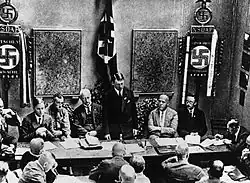Portal:1920s
The 1920s Portal
Silent films were popular in this decade, with the highest-grossing film of this decade being either the American silent epic adventure-drama film Ben-Hur: A Tale of the Christ or the American silent war drama film The Big Parade, depending on the metrics used. Sinclair Lewis was a popular author in the United States in the 1920s, with his books Main Street and Elmer Gantry becoming best-sellers. Best-selling books outside the US included the Czech book The Good Soldier Švejk, which sold 20 million copies. Songs of this decade included "Mack the Knife" and "Tiptoe Through the Tulips". During the 1920s, the world population increased from 1.87 to 2.05 billion, with approximately 700 million births and 525 million deaths in total. (Full article...) Selected article - The Wall Street crash of 1929, also known as the Great Crash, was a major stock market crash in the United States which began in October 1929 with a sharp decline in prices on the New York Stock Exchange (NYSE). It triggered a rapid erosion of confidence in the U.S. banking system and marked the beginning of the worldwide Great Depression that lasted until 1939, making it the most devastating crash in the country's history. It is most associated with October 24, 1929, known as "Black Thursday", when a record 12.9 million shares were traded on the exchange, and October 29, 1929, or "Black Tuesday", when some 16.4 million shares were traded. The "Roaring Twenties" of the previous decade had been a time of industrial expansion in the U.S., and much of the profit had been invested in speculation, including in stocks. Many members of the public, disappointed by the low interest rates offered on their bank deposits, committed their relatively small sums to stockbrokers. By 1929, the U.S. economy was showing signs of trouble; the agricultural sector was depressed due to overproduction and falling prices, forcing many farmers into debt, and consumer goods manufacturers also had unsellable output due to low wages and thus low purchasing power. Factory owners cut production and fired staff, reducing demand even further. Despite these trends, investors continued to buy shares in areas of the economy where output was declining and unemployment was increasing, so the purchase price of stocks greatly exceeded their real value. (Full article...) Featured picture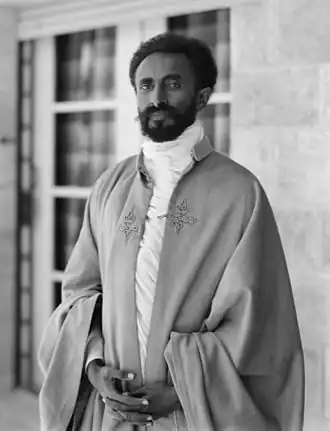 Haile Selassie I was Ethiopia's regent from 1916 to 1930 and Emperor of Ethiopia from 1930 to 1974. The heir to a dynasty that traced its origins to the 13th century, and from there by tradition back to King Solomon and the Queen of Sheba, he is a defining figure in both Ethiopian and African history. Selassie is revered as the religious symbol for God incarnate among the Rastafari movement, whose name comes from Ras (literally "Head," an Ethiopian title equivalent to Duke), and Tafari Makonnen, Selassie's pre-coronation name. Did you know...
Related portalsSelected biography -Kenesaw Mountain Landis (/ˈkɛnɪsɔː ˈmaʊntɪn ˈlændɪs/; November 20, 1866 – November 25, 1944) was an American jurist who served as a United States federal judge from 1905 to 1922 and the first commissioner of baseball from 1920 until his death. He is remembered for his resolution of the Black Sox Scandal, in which he expelled eight members of the Chicago White Sox from organized baseball for conspiring to lose the 1919 World Series and repeatedly refused their reinstatement requests. His iron rule over baseball in the near quarter-century of his commissionership is generally credited with restoring public confidence in the game. Landis was born in Millville, Ohio. Raised in Indiana, he became a lawyer, and then personal secretary to Walter Q. Gresham, the new United States secretary of state, in 1893. He returned to private practice after Gresham died in office. (Full article...) TopicsWikiProjects
List articlesSelect [►] to view subcategories
1920s-related lists 1920-related lists 1921-related lists 1922-related lists 1923-related lists 1924-related lists 1925-related lists 1926-related lists 1927-related lists 1928-related lists 1929-related lists Lists of 1920s films 1920s politics-related lists More Did you know (auto generated)
Categories 1920s 1920s by city 1920s by continent 1920s by country 1920s-related lists Months in the 1920s 1920s beginnings 1920s endings 1920 1920s in LGBTQ history 1920s in philosophy 1920s missing person cases 1921 1922 1923 1924 1925 1926 1927 1928 1929 1920s architecture 1920s in the arts 1920s awards 1920s censuses 1920s competitions 1920s conferences 1920s controversies Counterculture of the 1920s 1920s crimes 1920s disasters 1920s in economic history 1920s in education 1920s in the environment 1920s fads and trends 1920s fashion 1920s festivals Fiction set in the 1920s 1920s in film 1920s in health 1920s hoaxes 1920s in law 1920s in mass media 1920s in military history 1920s in politics 1920s in religion 1920s in science 1920s in sports 1920s in technology 1920s toys 1920s in transport 1920s in women's history 1920s works General imagesThe following are images from various 1920s-related articles on Wikipedia.
Recognized contentFeatured articles:
Featured lists:
Associated WikimediaThe following Wikimedia Foundation sister projects provide more on this subject:
Discover Wikipedia using portals
|


.jpg)





_-_Fondo_Mar%C3%ADn-Kutxa_Fototeka.jpg)
.jpg)



.jpg)
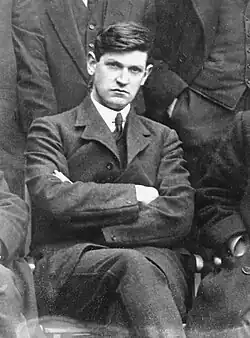

_Cropped.jpg)
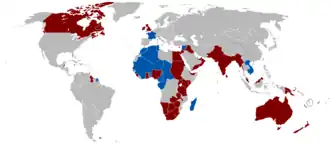
.jpg)
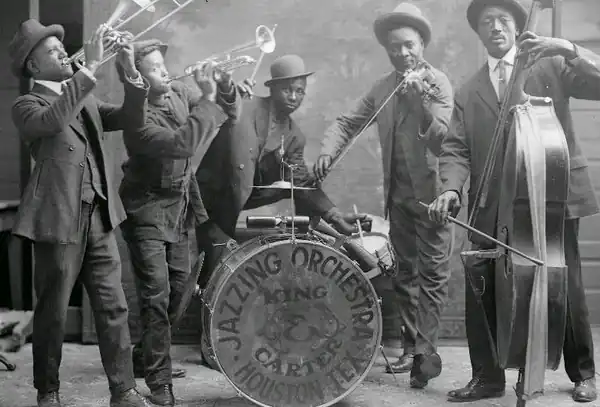
.jpg)
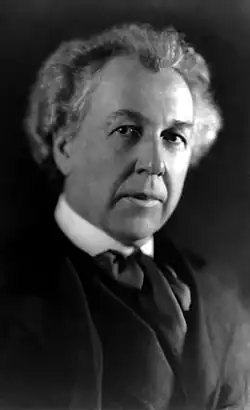
.jpg)
_(cropped).jpg)
.jpg)




.svg.png)


